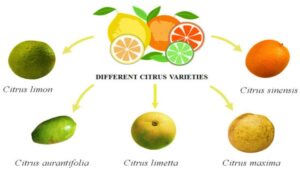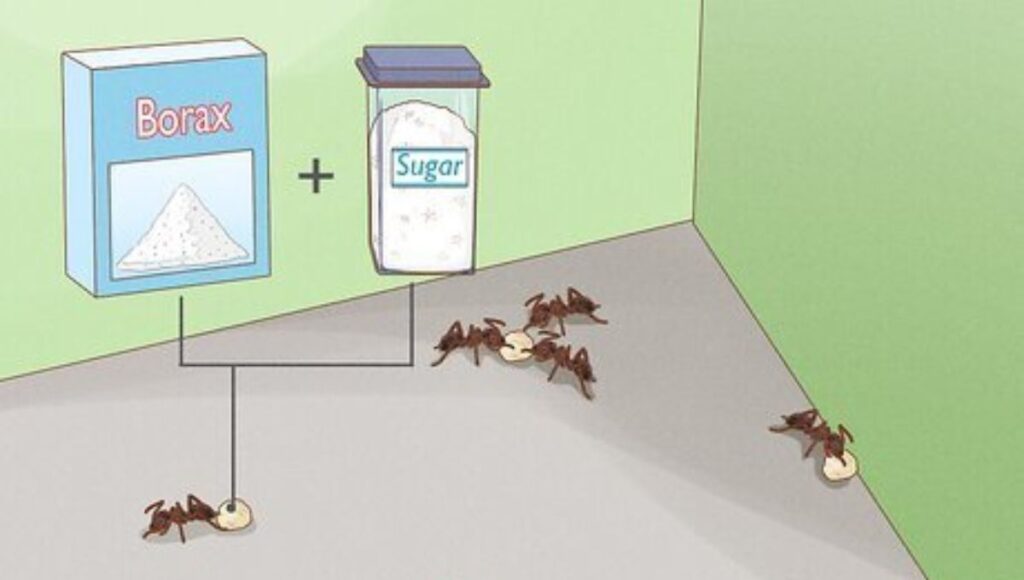Natural remedies against ants: Have you ever walked into your kitchen only to find a trail of ants marching across your countertop? It’s frustrating. Ants are tiny but persistent pests that can invade your home in search of food, water, or shelter. While chemical sprays might seem like a quick fix, they often contain harsh toxins that can harm your family, pets, or the environment. Fortunately, natural remedies against ants offer safe, eco-friendly, and budget-friendly solutions to keep these critters at bay. In this article, we’ll explore the most effective natural methods to repel and eliminate ants, backed by practical tips, historical insights, and modern trends. Let’s dive in and reclaim your space!
Why Choose Natural Remedies for Ant Control?
Ants have been a nuisance for centuries, with ancient civilizations using herbs and spices to deter them. Today, the shift toward sustainable living has made natural remedies more popular than ever. These methods are not only safer but also accessible, often using items you already have at home. Plus, they’re gentle on the planet, reducing your reliance on synthetic pesticides.
However, natural solutions require patience and consistency. Unlike chemical sprays that kill on contact, natural remedies focus on repelling ants or disrupting their behavior. The key is understanding why ants invade and targeting their entry points and food sources.

Benefits of Natural Ant Remedies
- Safe for Families and Pets: No toxic chemicals mean peace of mind in homes with kids or animals.
- Cost-Effective: Most remedies use affordable pantry staples.
- Eco-Friendly: Reduces environmental pollution compared to synthetic pesticides.
- Versatile: Can be used indoors, outdoors, or in gardens without harming plants.
Top Natural Remedies Against Ants
Let’s explore the most effective natural solutions to keep ants out of your home. These remedies are easy to apply and have been trusted by homeowners for generations.
1. Vinegar: A Powerful Ant Repellent
Vinegar’s strong smell disrupts ants’ scent trails, which they use to navigate. Mix equal parts white vinegar and water in a spray bottle and apply it to entry points, countertops, or ant trails. Wipe surfaces clean afterward to remove any residue.
- How to Use: Spray daily until ants disappear. For stubborn infestations, add a few drops of essential oil like peppermint for extra potency.
- Pro Tip: Use apple cider vinegar for outdoor areas, as it’s less harsh on plants.
For more on vinegar’s cleaning properties, check EPA’s Safer Choice Program.
2. Cinnamon and Spices: Nature’s Ant Deterrent
Cinnamon, cayenne pepper, and black pepper are natural ant repellents due to their strong odors. Sprinkle ground cinnamon or pepper along entry points, windowsills, or ant trails. You can also create a paste with cinnamon and water for cracks and crevices.
- Why It Works: These spices overwhelm ants’ sensory systems, making your home less appealing.
- Fun Fact: Ancient Egyptians used cinnamon to preserve food and repel insects, a practice still relevant today!
3. Lemon Juice: A Citrusy Shield
Lemon juice’s acidity and citrus scent make it an excellent ant deterrent. Mix one part lemon juice with three parts water and spray it on affected areas. Alternatively, place lemon peels near entryways or garbage bins.
- Bonus: Lemon juice doubles as a natural cleaner, leaving your home smelling fresh.

4. Diatomaceous Earth: A Non-Toxic Killer
Food-grade diatomaceous earth (DE) is a powder made from fossilized algae. It kills ants by absorbing the oils in their exoskeletons, causing dehydration. Sprinkle DE in areas where ants are active, such as baseboards or garden beds.
- Safety Note: Use food-grade DE, safe for humans and pets, and avoid inhaling the powder during application.
- Where to Buy: Available at most garden centers or online retailers.
Learn more about diatomaceous earth at University of California’s Pest Management.
5. Peppermint Essential Oil: A Fragrant Defense
Peppermint oil is a natural insecticide that repels ants with its minty aroma. Mix 10-15 drops of peppermint essential oil with a cup of water in a spray bottle. Apply to entry points, corners, or ant trails.
- DIY Tip: Soak cotton balls in peppermint oil and place them in problem areas for a long-lasting effect.
- Caution: Keep essential oils away from pets, as they can be toxic in large amounts.
6. Borax and Sugar Traps: A Sweet Trap

Borax, a natural mineral, is deadly to ants when ingested. Create a bait by mixing one part borax with three parts sugar and a bit of water to form a paste. Place the mixture in small containers near ant trails.
- How It Works: Ants are attracted to the sugar, consume the borax, and carry it back to their colony, eliminating the nest.
- Safety First: Keep borax traps out of reach of children and pets.
Practical Tips for Preventing Ant Infvasions
Prevention is just as important as treatment. Here are actionable steps to make your home less inviting to ants:
- Seal Entry Points: Check for cracks in walls, windows, or doors and seal them with caulk.
- Keep It Clean: Wipe down surfaces, vacuum regularly, and store food in airtight containers.
- Manage Waste: Empty trash bins frequently and use bins with tight-fitting lids.
- Eliminate Water Sources: Fix leaky pipes and remove standing water, as ants are drawn to moisture.
- Monitor Outdoor Areas: Trim plants away from your home and clear debris where ants might nest.
How to Prevent Ants Naturally: Seal cracks, clean surfaces, store food tightly, manage trash, and fix leaks to keep ants out.
Challenges and Limitations of Natural Remedies
While natural remedies against ants are effective, they have limitations. For instance, they may not work as quickly as chemical pesticides, requiring multiple applications. Severe infestations might need professional intervention if natural methods fail. Additionally, some remedies, like essential oils, can be costly if used in large quantities.
To overcome these challenges, combine multiple remedies (e.g., vinegar spray and borax traps) and stay consistent. Regular maintenance and early intervention are key to long-term success.
How to Get Rid of Ants Naturally: Safe and Effective Home Remedies
Latest Trends in Natural Ant Control
The rise of eco-conscious living has sparked innovation in natural pest control. Recent trends include:
- Biodegradable Bait Stations: Companies are developing plant-based ant baits that decompose naturally.
- Smart Home Integration: Sensors that detect ant activity and trigger natural repellents are gaining traction.
- Community Solutions: Neighborhoods are sharing DIY recipes and hosting workshops on sustainable pest control.

Conclusion
Dealing with ants doesn’t have to mean resorting to harsh chemicals. Natural remedies against ants, like vinegar, cinnamon, lemon juice, and peppermint oil, offer safe and effective ways to protect your home. By combining these remedies with preventive measures, you can create an ant-free environment that’s healthy for your family and the planet. Start with one or two methods, stay consistent, and watch those pesky ants disappear. Have a favorite remedy or tip? Share it in the comments below or explore our related articles for more eco-friendly ideas!
Try one of these natural remedies today and let us know how it works! Check out our other pest control guides for more tips.
FAQ: Common Questions About Natural Ant Remedies
1. Are natural remedies against against ants safe for pets?
Yes, most remedies like vinegar, lemon juice, and food-grade diatomaceous earth are pet-safe when used correctly. However, keep essential oils and borax away from pets, as they can be harmful if ingested.
2. How long do natural remedies take to work?
Natural remedies may take a few days to a week to show results, depending on the infestation’s severity. Consistency and combining methods can speed up the process.
3. Can I use natural remedies outdoors?
Absolutely! Vinegar, lemon juice, and diatomaceous earth are great for gardens and outdoor spaces. Avoid using borax near plants, as it can affect soil health.
4. What’s the most effective natural remedy for ants?
It depends on the situation, but vinegar and borax traps are highly effective for repelling and eliminating ants, respectively.
5. Do natural remedies work for all types of ants?
Most remedies work for common household ants like sugar ants or pavement ants. For invasive species like fire ants, consult a professional for tailored solutions.






3 thoughts on “Natural Remedies Against Ants: Safe and Effective Solutions for Your Home”